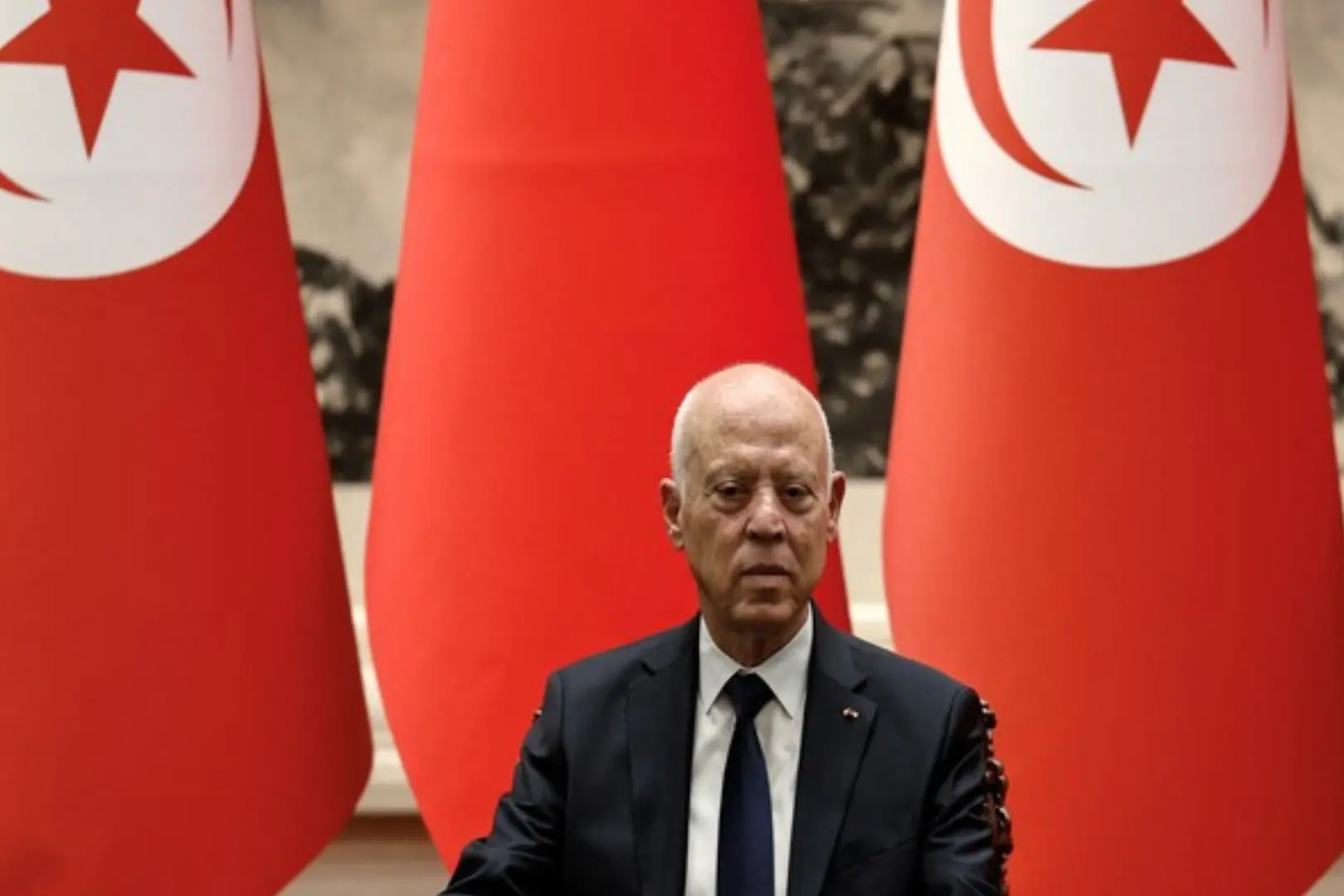09-Oct-2024, 01:47 PM
Tunisia’s President Kais Saied Wins Second Term. On October 7, 2024, Kais Saied was re-elected as President of Tunisia, winning a landslide victory with 90.7% of the votes cast in the recent presidential election. The election, however, was marred by one of the lowest voter turnout rates in the country’s history, with only 27.7% of eligible voters participating.
Election Context and Results
The election took place amid significant political turmoil and a crackdown on dissent. Saied’s main rival, Ayachi Zammel, who was imprisoned prior to the election, managed to secure 7.4% of the vote while another candidate, Zouhair Maghzaoui, received nearly 2%. The Independent High Authority for Elections (ISIE) reported that more than a dozen potential candidates were barred from running, leaving only these three to contest.Despite his overwhelming victory, the low turnout reflects widespread dissatisfaction among Tunisians regarding Saied’s authoritarian governance style. Observers noted that the campaign lacked public rallies and debates, with most campaign materials favoring Saied.
Saied’s Governance and Controversies
Since taking office in 2019, Saied has faced criticism for consolidating power and undermining democratic institutions. He suspended parliament in 2021 and enacted a controversial referendum that expanded his powers. Human rights organizations have condemned his administration for a “worrying decline in fundamental rights,” citing the arrest of numerous opposition figures and critics.In his victory speech, Saied framed his re-election as a continuation of Tunisia’s revolutionary spirit, vowing to “purge the country of corruption, traitors, and conspirators.” He also reiterated his commitment to combating what he described as “conspiratorial forces” disrupting national projects.
Historical Significance
Saied’s re-election is particularly notable given Tunisia’s history as a beacon of democracy following the Arab Spring protests in 2011 that led to the ousting of long-time dictator Zine El Abidine Ben Ali. The country was once viewed as a model for democratic transition in the region; however, Saied’s presidency has raised concerns about a return to authoritarianism.
Conclusion
Kais Saied’s victory in the presidential election underscores a complex political landscape in Tunisia. While he enjoys substantial support among certain segments of the population, the low voter turnout and ongoing repression of dissent signal deep-rooted discontent. As he embarks on his second term, Saied faces the challenge of addressing these concerns while navigating the expectations of both his supporters and critics. The future of Tunisia’s democracy hangs in the balance as it grapples with issues of governance, rights, and political freedom.





